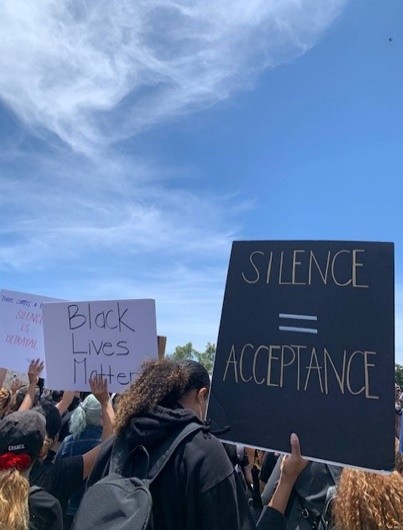 According to the 2010 U.S. Census, 13.4 % of the U.S. population identified themselves as African Americans. Of that 13.4%, over 7 million people reported having a mental health illness. Overall, mental health conditions occur in African American people at about the same or less frequency than in White Americans. However, the historical African American experience in America has and continues to be defined by trauma and violence more often than for their White counterparts, impacting the emotional and mental health of both youth and adults. Furthermore, lack of information and misconceptions surrounding mental health issues prevent many members of the African American community from getting the help and support they need.
According to the 2010 U.S. Census, 13.4 % of the U.S. population identified themselves as African Americans. Of that 13.4%, over 7 million people reported having a mental health illness. Overall, mental health conditions occur in African American people at about the same or less frequency than in White Americans. However, the historical African American experience in America has and continues to be defined by trauma and violence more often than for their White counterparts, impacting the emotional and mental health of both youth and adults. Furthermore, lack of information and misconceptions surrounding mental health issues prevent many members of the African American community from getting the help and support they need.
A study conducted by the Health and Human Services Office of Minority Health stated that African American adults in the U.S. are more likely than white adults to report symptoms of emotional distress. Despite the need for mental health treatment, only one in three African American adults seeks the help they need. African Americans, like other communities of color, are more likely to experience socioeconomic disparities such as exclusions from health, educational, social, and economic resources. The stigma around mental health is also very present in our society. For many African American communities discussing mental health illness is a difficult subject to talk about and is often perceived as a “sign of weakness,” which will often keep this community from seeking professional help.
Recently, the United States has witnessed an uprising against racism and racist police brutality. People continue to rally in cities around the world in solidarity with the #BlackLivesMatter movement. A movement that has brought together different races to confront racism and demand justice. This movement has also brought to light the disparities the African American communities have faced for centuries. Through protest and loud demands, we are beginning to notice small but impactful changes in our society. The most significant change we have seen has been the unity amongst different communities, organizations, and even parts of our government. With changes arising from these demands, we also hope for equal opportunities and resources to help this community with the challenges they often face with mental health.

